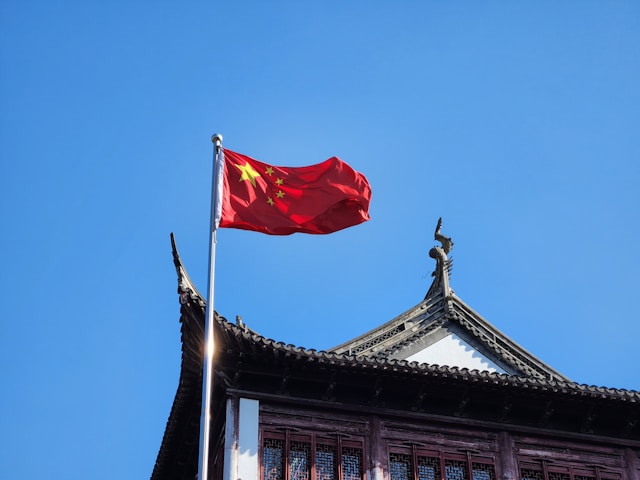
On 16 June 2022, a spokesperson for the Commission of Legislative Affairs of the National People’s Congress (NPC) Standing Committee said that the Draft Amendment to the Anti-Monopoly Law (AML) submitted for second review would further clarify the specific rules for the application of anti-monopoly-related provisions in the platform economy.
The current AML, enacted in 2007, is the most important law in the field of competition in China. Over the last three years, anti-monopoly enforcement has been increasingly frequent, especially against internet platforms.
In this process, the current AML falls behind the needs of law enforcement. Therefore, China has begun to revise the law.
It is known that the Draft Amendment to the AML for the second review proposes to make five major revisions:
(1) To clarify that the “Anti-Monopoly Law Enforcement Agency under the State Council” is the enforcement agency of the AML.
(2) To further clarify the specific rules for the application of anti-monopoly-related provisions in the platform economy.
(3) To improve the “safe harbour” mechanism for monopoly agreements.
(4) To improve the investigation and handling procedures for the concentration of business operators that do not reach the declaration threshold.
(5) To set out specific requirements for the review of the concentration of business operators.
Cover Photo by Hu Chen on Unsplash
Contributors: CJO Staff Contributors Team









